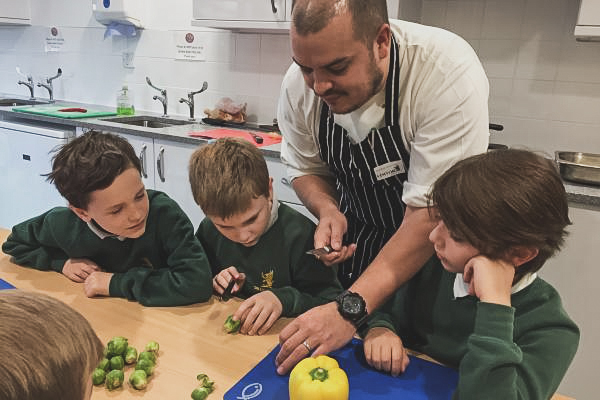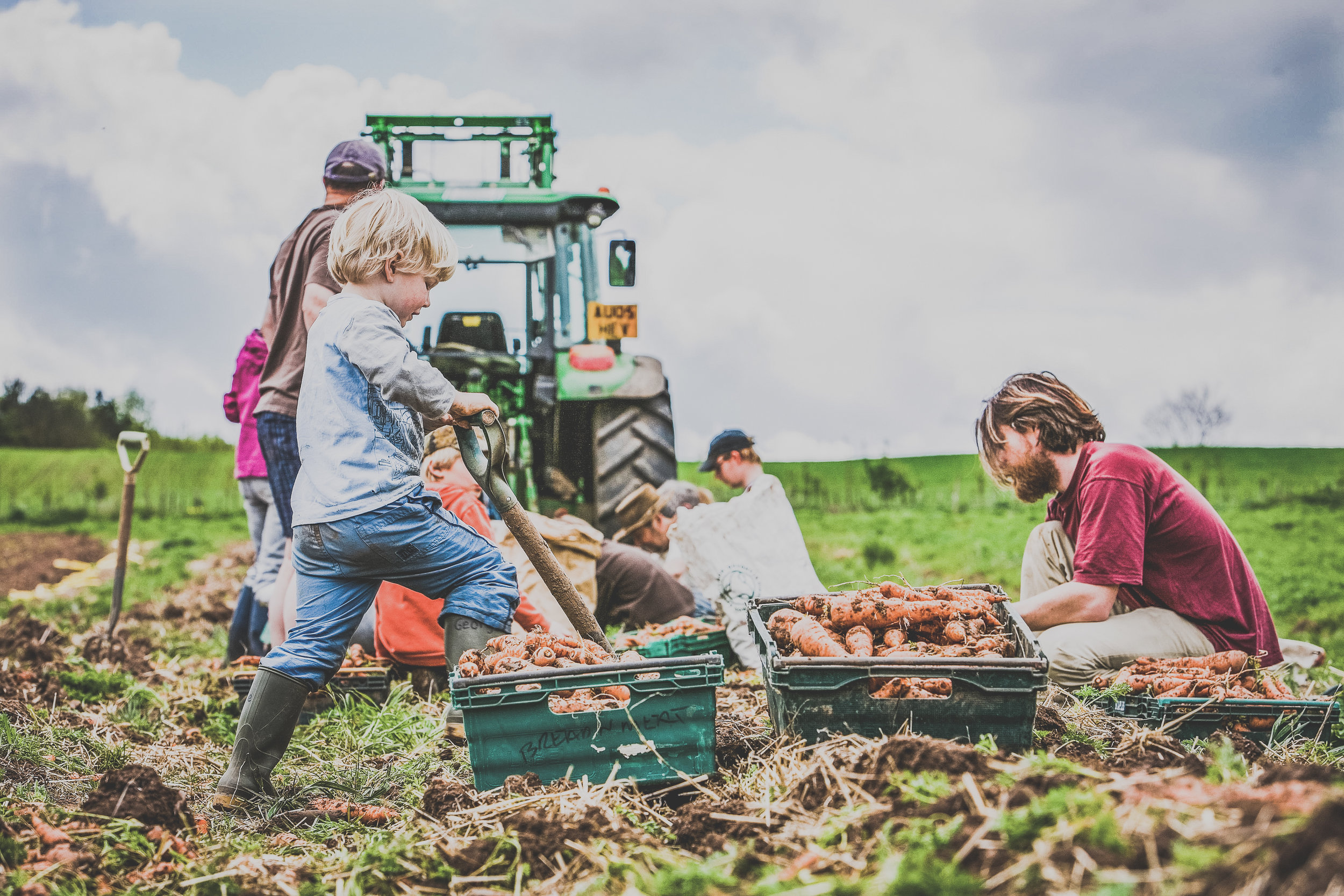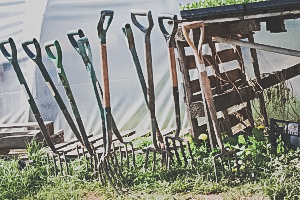Food production is the single biggest impact humans have had on the world’s natural environment, and yet, one third of food is wasted - enough to feed three billion people. As shocking as this is, it also presents a huge opportunity. Tackling food waste is one of the most effective ways to address climate change and environmental degradation at its root cause, whilst increasing food availability where needed most.
Founded in 2009, Feedback specialises in exposing the hidden causes of food waste at every level of the food system and bringing people together to find solutions. With a track record in changing the policies of the world's biggest food companies and reaching out to millions of people through our fun, celebratory projects, our innovative campaigning style has elevated food waste from a non-issue several years ago to one now recognized as an urgent international priority.
The majority of food waste is hidden from the public eye. It arises in the supply chains of supermarkets who cancel orders from farmers at the last minute and reject fruit and vegetables that do not fit strict size, shape or colour criteria. Cosmetic rejections can be up to 40% of a farmer’s crop. We set up Gleaning Network UK to address this: coordinating volunteers, farmers and charities to harvest nutritious and delicious ‘imperfect’ produce that would otherwise be wasted on UK farms, and directing it to people in need. We also engage with decision-makers in business and government to improve the policies and practices that cause this waste.
From the start of Gleaning Network UK in 2012 to the end of 2016, we have held 154 gleaning days. More than 1,500 volunteers have joined us in the fields to save 288 tonnes of fresh fruit and vegetables from going to waste - over 3 million portions of food. We now operate from six regional Gleaning Hubs and have proliferated the spread of gleaning across Europe. Media attention has sky-rocketed - we’ve featured in the likes of the Guardian, Independent on Sunday, and on prime-time television with both Jamie Oliver and Hugh Fearnley-Whittingstall (Channel 4’s ‘Jamie and Jimmy’s Friday Night Feast’ and BBC One’s ‘Hugh’s War on Waste’).
Vera, our Sussex Gleaning Coordinator says: “Gleaning days bring people together to do something positive, refreshing and beneficial to the thousands of individuals and families suffering in our communities. From the stories I hear, it’s clear that these gleans offer a sense of satisfaction, friendships, belonging and a free bag of food- which for many can go a long way! This work is vital, because it brings fresh food to those who need it most, but even more importantly because it provides the glue to keep our communities together and thriving.”
To find out more, and hear how to get involved, view this TEDx talk by Feedback’s Gleaning Coordinator Martin Bowman. It’s packed full of puns and quirky anecdotes - including why he once had over 200kg of parsnips in his bedroom.
Through the Gleaning Network EU project, we aim to continually build a coalition of gleaning movements across Europe. Already this network includes partner organisations in Belgium, France, Greece and Spain; we hope other European countries will join us soon. Click here to read more about Gleaning Network EU.
















